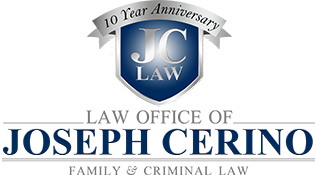In recent news, a Miami judge dismissed charges against a Florida-based bitcoin seller after he was indicted on money laundering charges and illegal money transmission in 2014. Why is this relevant? The authenticity of bitcoin has been debated for quite some time, since the currency was created in 2009 by an unknown individual using the alias “Satoshi Nakamoto.” With bitcoins, transactions can be made without a middleman, AKA, no banks.
In this ruling, made on July 22, “Judge Teresa Mary Pooler sided with the defense’s argument that bitcoin doesn’t constitute a form of money within the confines of Florida’s legal system” (CoinDesk).
Prior to this ruling, there was no specific legal definition for bitcoin, and since it is unregulated, it would have been difficult to rule that it constituted a form of currency. However, this ruling could set in motion legislative action to craft a definition for bitcoin, therefore preventing further cases such as this one.
It will be interesting to see where the Florida law takes this issue of bitcoin and how it evolves legally in the future.
For those of you that are interested learning more about bitcoin, Stanford did a great analysis of it and included some advantages and disadvantages of this currency. Pros of bitcoins include: cheap and easy international payments since bitcoins aren’t tied to any country, anonymity and no credit card or transaction fees. Cons of bitcoins include that it does not exist in a physical form, there is no buyer protection, valuation fluctuation and technical flaws.
